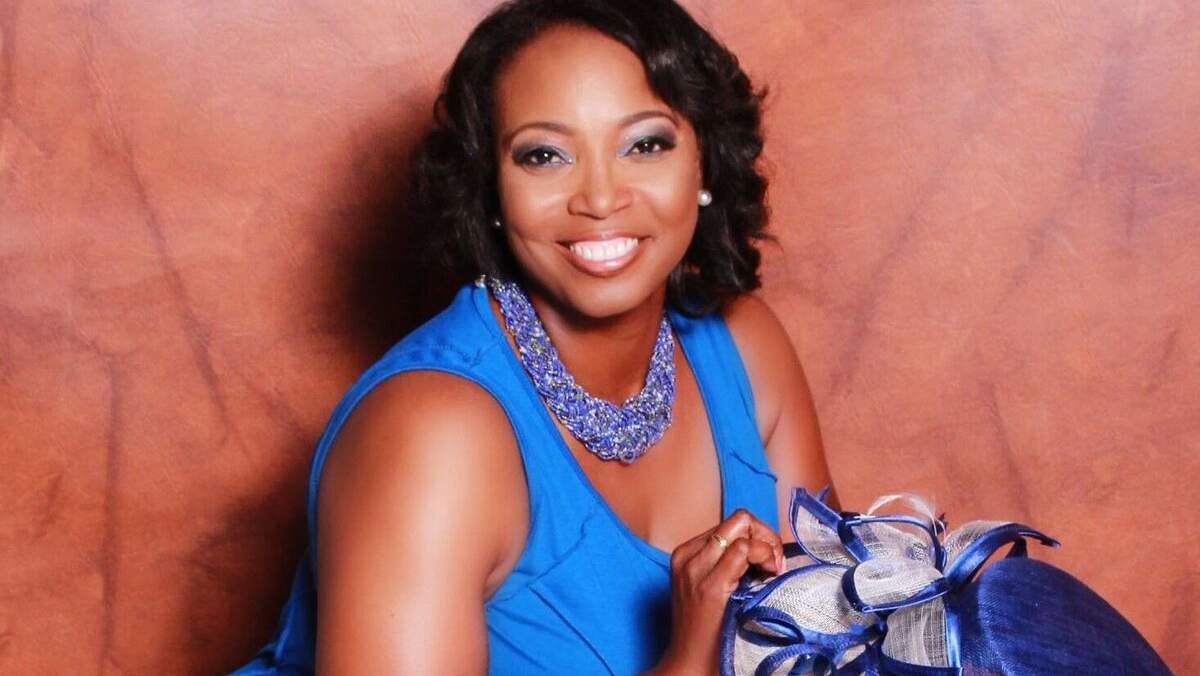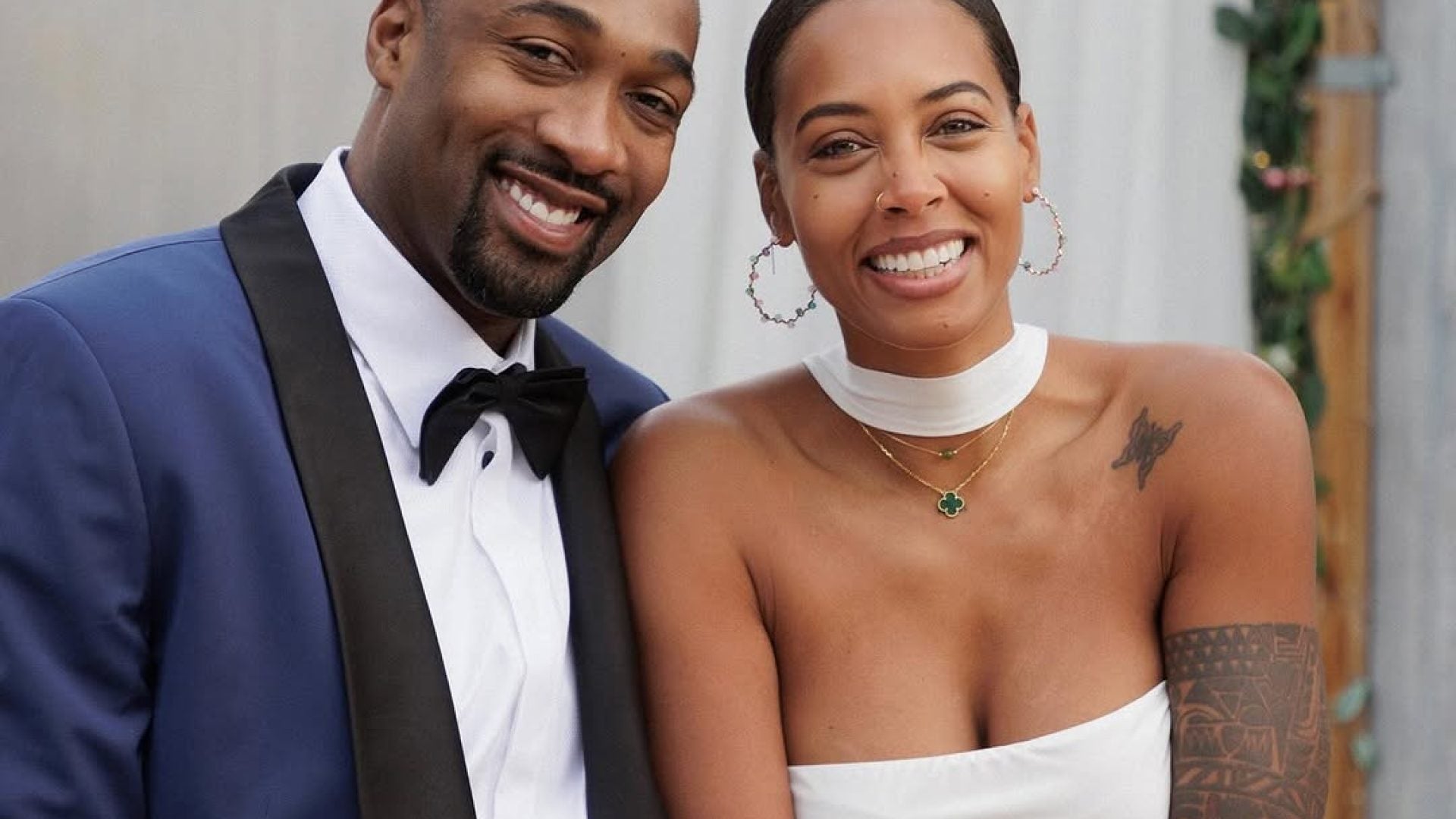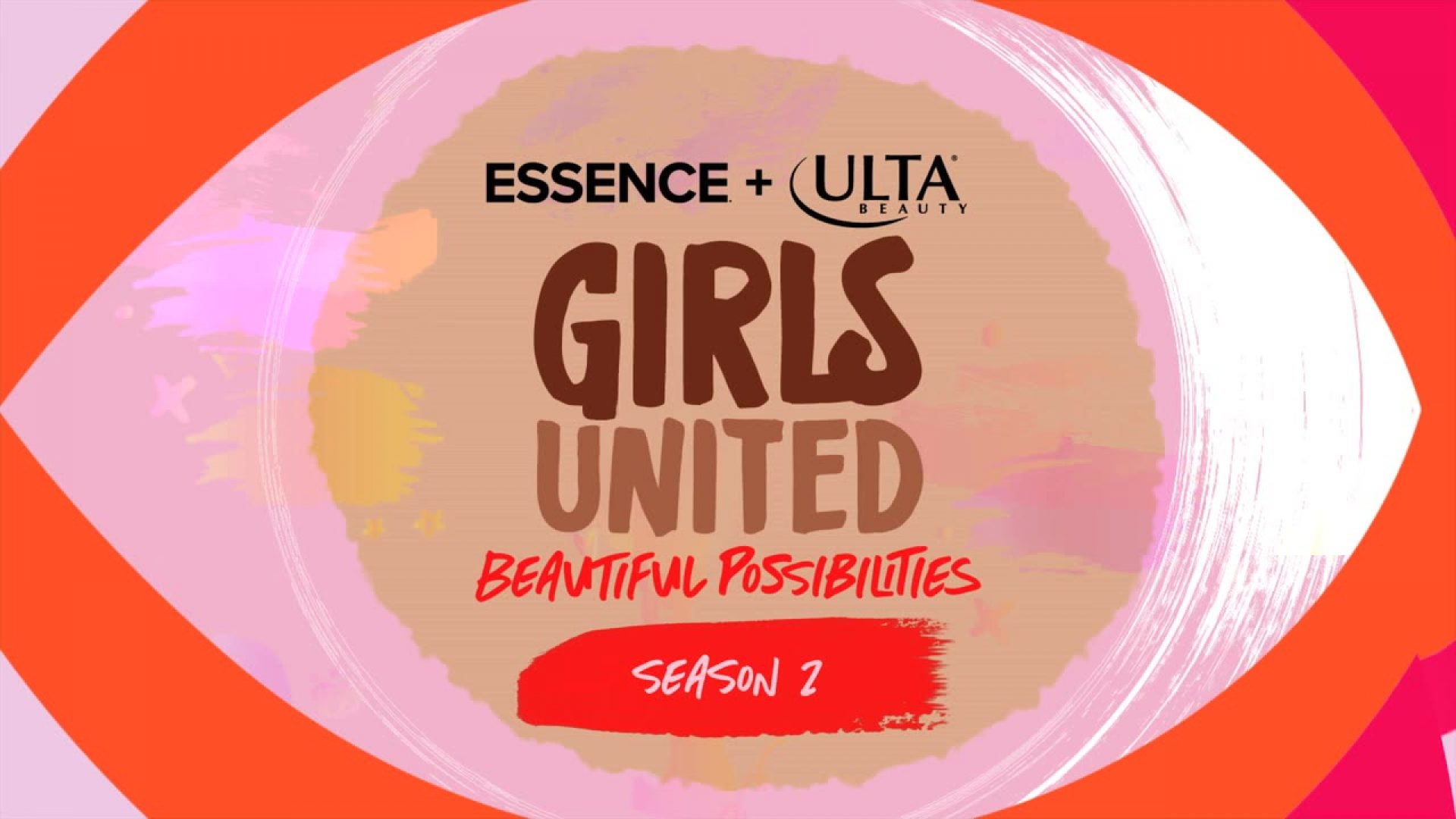
I knew something was wrong when I hadn’t had a bowel movement in two weeks in December 2002. I tried everything, but nothing worked. I ended up having to go to the emergency room. They gave me some medicine and sent me home. I never asked if anything else could be going on; honestly, I don’t remember having any other symptoms!
I was working as a bus driver for the Chicago Transit Authority, and one day in January, as I climbed the steps of the bus, I passed out. I was taken to the ER, and this time I had a blood draw. The doctors thought maybe I was having a heart attack. My hemoglobin was 6.4—12 to 15.5 is normal for women, according to the Mayo Clinic—a sign that I could have internal bleeding.
I had a history of uterine fibroids and endometriosis, so that’s what they assumed was wrong. I had a blood transfusion and was sent to my ob-gyn, where it was confirmed that I had fibroid tumors and ovarian cysts. Eventually, I had surgery to remove my ovaries and my uterus, which had a lot of fibroids and some cancer cells. Those surgeries and another blood transfusion were supposed to fix the problem.
But by June 2003 I started having intense nausea and frequent vomiting. I couldn’t stop; I couldn’t even keep water down. My primary care doctor told me to go to the ER and call him when I got there. He instructed the ER team to do another blood draw; my hemoglobin count was 5.2. I remember the look on the nurse’s face. “How did you get here?” she asked in shock. “I drove,” I said. “You shouldn’t have been able to drive,” she replied. “You’re near organ failure.”
A fecal test showed blood in my stool, so I had an emergency colonoscopy. They found a grapefruit-sized tumor on the right side of my colon. I never even left the hospital; I needed emergency surgery to remove the tumor right away. I was diagnosed with stage 2B colon cancer. I was only 36.
I was shocked and in a daze. I didn’t even really know what colon cancer was or how you get it. I didn’t have a relationship with my father’s side of the family at the time, so I didn’t know that my father and two other family members all died in their 40s with colon cancer. (They died of other causes, but were found to have the disease after autopsies.) I figured I would do whatever was necessary to do to fix it. The surgeon was able to do a resection to my rectum, which means I don’t need a colostomy bag. I also had one round of radiation, and then my doctor was confident all traces of cancer were removed.
Colon cancer was something I totally wasn’t prepared for. At the time, I had been training for a bodybuilding competition; I worked out every day, I was in the gym religiously, I was eating clean. I didn’t understand the magnitude of the challenge of how it was going to change my life.
When I got home from my surgery, I couldn’t work. I’m a mom of five daughers; at the time, my youngest was four and my oldest had just turned 16. My husband and I were divorcing; he didn’t even look back or attempt to help. My job didn’t pay much in disability; it was a challenge to pay the mortgage, the gas and light bills. I applied for long-term disability and was denied, so I tried to go back to work. But I’m a bus driver–there was nothing “light” I could do until I was fully recovered from my major surgery, and I had accidents on the bus because I didn’t have control over my bowels. Because I couldn’t work, I didn’t have any money coming in. Eventually, we wound up losing our home and having to stay with a family friend.
I was so overwhelmed taking my five kids from place to place all while they were asking me if I was going to die. I was told my life expectancy was three to five years. Who wants to watch a parent wither away for three to five years? It was all too much for me. I felt so guilty. I was depleted. I was so distraught, I attempted suicide. I didn’t think I had any other choice.
I spent five days in a psych ward, which was an emotional journey. I had a great nurse who said to me I needed to be there for my children. “Everyone will tell their version of you, but your kids need the version from you,” she told me. They needed to make memories with me. That changed my mindset, and I got better mentally and emotionally by focusing on devoting whatever time I had left to my children. I found things to make us laugh and inexpensive activities we could do, like family movie night at home or going to the zoo.
The more we started doing together, the better we all felt, and that first month became two months, then six, then a year, and more. We moved more times than I can count, but we were on our own by December 2004. I found a new job that paid considerably less; I never bought another home.
Finally, we surpassed the mark of my supposed life expectancy. That only made me want to do more. If I could go through this with a job and health insurance, who else is going through this who doesn’t have what I have? I wanted to raise awareness of the disease because of how little I knew when I was diagnosed. I became a volunteer for the Colon Cancer Alliance. I especially wanted to help younger patients. I was 36; most people with colon cancer are in their 60s. Nobody could talk to me about what I was facing, like raising children though cancer. Somebody has to talk about it, and I thought it could be me.
As I learned more and more about colon cancer, I learned medically underserved and minority communities have the highest rates of diagnosis. I would hear that organizations needed more funding to help these communities, and that little was being done at the moment. So I started a group of my own.
It was inspired by a documentary about the women’s group the Red Hat Society. I thought it would be so great to see blue hats, the color of colon cancer awareness. It started with 10 of us at my church in 2010. People would ask us why we were wearing blue hats, and my family would explain that I’m a colon cancer survivor and that they were wearing the hats to support me. This started conversations about the disease. In this way, my family became accidental advocates. I asked my pastor if we could have a Blue Hat Sunday again the following year; now we’re going on our eighth year and the event has spread to 15 churches across the country.
We call the event Blue Hat Bow Tie Sunday now, to make sure men know they are just as susceptible to colon cancer. In 2015, I started the Blue Hat Foundation, which focuses on bringing awareness, education, and free testing for colorectal cancer to those minority and medically underserved communities I always wanted to help.
Screening for colorectal cancer—which usually starts at age 50—is scary to people, especially when they don’t understand it. People are resistant to colonoscopies. I share my story to help them see why it’s important to have them. We’ll talk to people about their risk factors for colon cancer and see whether they fit the guidelines for at-home stool tests. I think those tests remove some of the fear.
Having a family history of colon cancer (and other risk factors) might change when you start getting screened, so I encourage people to talk to whoever their oldest living relative is and find out what diseases are in the family. If you’re like me, you might not know those relatives. Or, you might not have those conversations because it’s not always something people like to talk about. Sometimes our elders aren’t used to talking about their personal business. But they can save their grandchildren and great-grandchildren! I also tell people, even though it’s gross, to turn around and look at your poop! If it doesn’t look normal, if you see blood, if you have cramping, talk to a doctor.
My five daughters, with me in the photo below, are remarkable young women. I apologized to them a few months ago about the whole experience. They said, “As long as we were with you, everything was okay. It’s part of our story, it’s part of our journey. You did such a good job—you don’t have to apologize, you’re still here.” They were the best nurses, and they’re proud of me for sharing our story in a way that can help other people.







When I first started raising awareness for colon cancer, my wish was to see my youngest daughter turn 18. She turned 18 in January this year. I fought for 14 years to make sure I saw that. When she graduated high school, I had surpassed what I asked for, but I knew I would continue to advocate. I don’t want another mother to have to bargain with God to live so that they can see their kids grow up simply because they didn’t know about a family history of something. I know I can’t save the world, but I can try.
Candace Henley, now 50, is partnering with the American Cancer Society to promote awareness for colon cancer screening during Cancer Screen Week, December 4-8, 2017.
This article originally appeared on Health.








